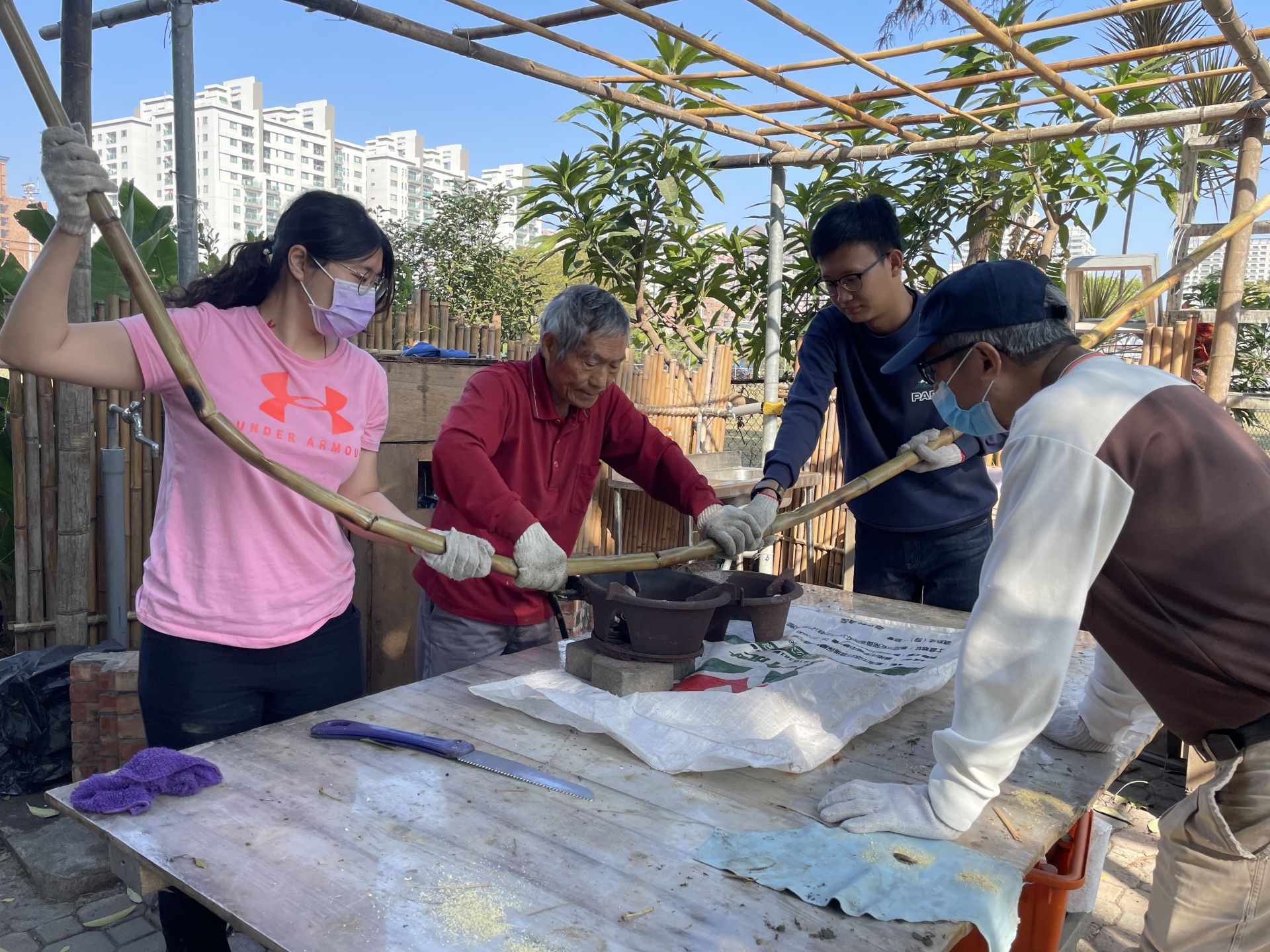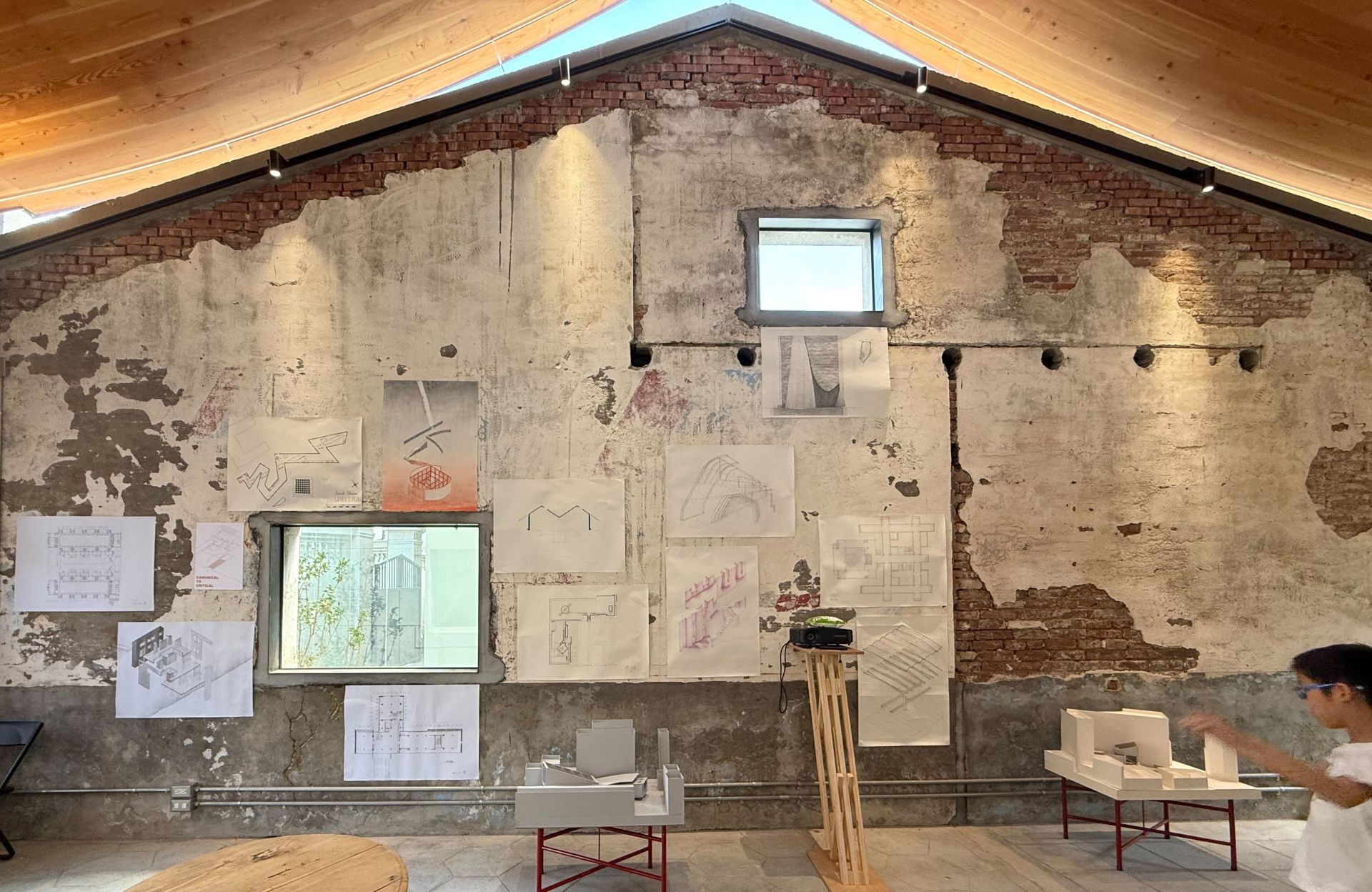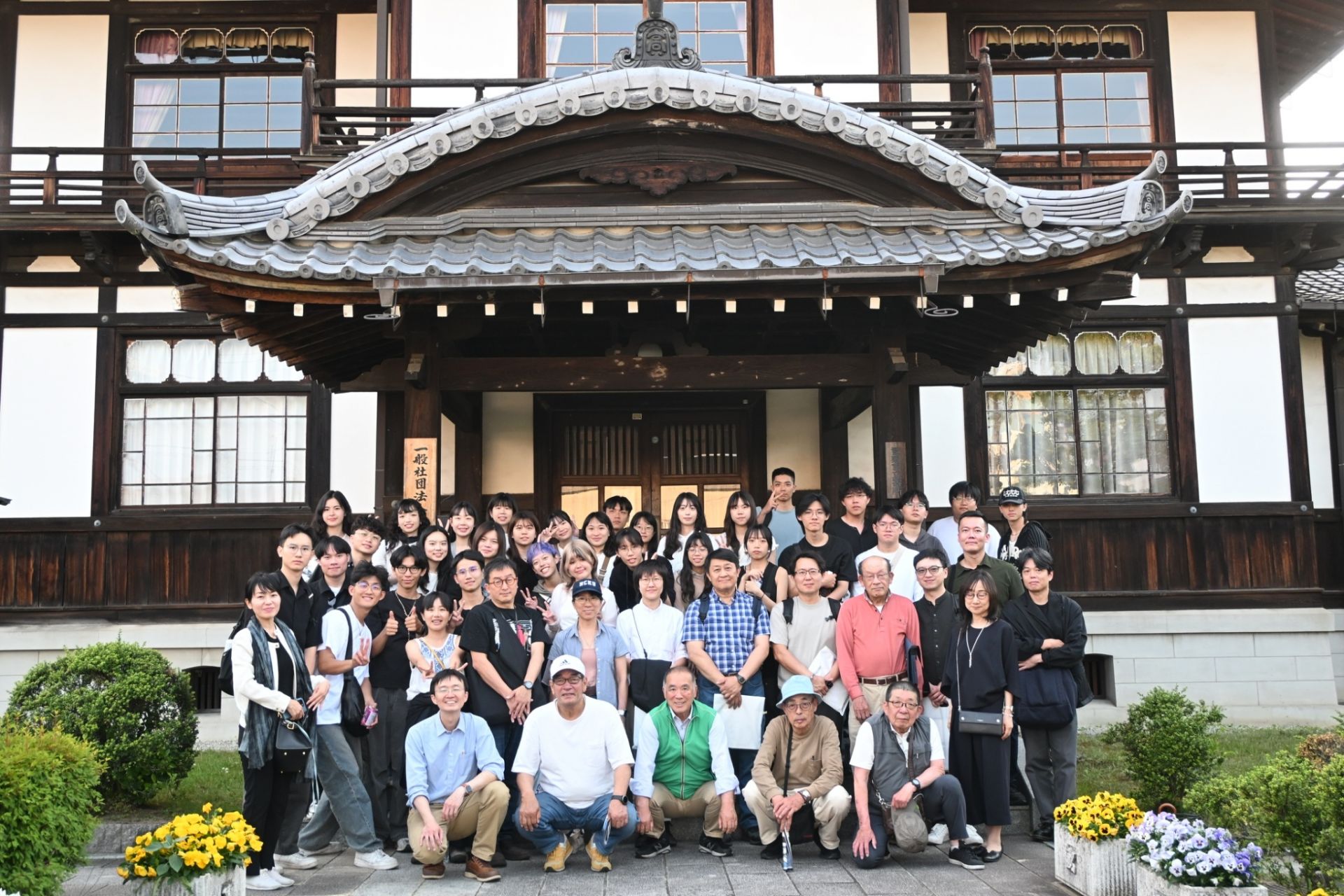During the opening speech, President Meng-Ru Shen of NCKU expressed gratitude to alumni for contributing to the enhancement of Taiwan's future architectural and environmental education. Addressing the urgent global challenges of climate change and sustainable development, President Shen emphasized the critical role of education in the fields of architectural design and territorial planning. He highlighted the importance of interdisciplinary collaboration and societal engagement in addressing these challenges.
President Shen stated that design encompasses not only technology and humanities but also the expression of aesthetics. He showcased the design achievements of students from NCKU and Tunghai University at the forum, expressing the hope that students, through interdisciplinary collaboration and social connections, can actively pursue sustainable goals during their academic journey. He mentioned that the focus for the next year will be on four main aspects: carbon reduction and net-zero, resilient disaster prevention, intelligent environmental control, and health and well-being.
Former Minister of Transportation Chen-Tan Ho served as the host for the forum. Minister Ho emphasized the urgency of sustainable issues and the importance of societal consensus. He highlighted the joint exhibition of student works from NCKU and Tunghai University, showcasing how spatial threats and responses to climate change can be presented. Minister Ho encouraged experts and scholars present at the forum to brainstorm and initiate interdisciplinary cooperation and dialogue.
Minister Ho mentioned that talent cultivation is the core of higher education, and today's university education goes beyond simple knowledge transmission. He stressed the need for practical actions and discussed the forum's theme, "Taiwan: The Sustainable Island," to initiate discussions on sustainability values, starting from architecture, NCKU, and urban and rural planning. The goal is to demonstrate the accumulated strength of education and guide Taiwan toward a more sustainable future.
The forum began with a keynote speech titled "Earth as a Client or a Base: The Educational Path of Cross-Disciplinary Thinking" by Eric Yao, founder of DXMEDIA LIMITED. Following the speech, a panel discussion featured former NCKU President and Distinguished Professor Huey-Jen Su, and architect Fang-Hui Lin, exploring how the environment matches industry practices in promoting sustainable thinking. Eric Yao's perspective on whether the Earth is a client or a base resonated with the audience.
Former NCKU President and Distinguished Professor Huey-Jen Su expressed that the transition from awareness to execution requires countless efforts at various levels, from individuals and families to society and the global community. She emphasized that the younger generation faces numerous challenges but must learn to take responsibility and make changes to address the sustainability issue.
AECOM Director and architect Fang-Hui Lin mentioned changes observed in the younger generation during recent job interviews, especially after the pandemic. Many individuals started contemplating environmental issues, climate change, and the Earth's needs. This realization prompted companies to rethink the necessity of cross-disciplinary and cross-domain perspectives, expanding their vision and integrating capabilities to address sustainability.
In the afternoon, two topics were discussed by the Department of Architecture and the Department of Urban Planning at NCKU: "Manifesting Resilience: Adapting to Community and Environmental Changes" and "Taiwan's Sustainable Path: Spatial Ethics in the Transition to Net Zero." The discussions explored methods for jointly addressing the interrelated design, planning, engineering, environmental, and community aspects of sustainability in domestic and international contexts.
The Sustainable Formosa project, initiated by the Sustainable Formosa Preparatory Group, will support interdisciplinary teaching and forward-looking research projects related to sustainability, starting from NCKU and gradually expanding to inter-school and international collaborations. The project aims to use architectural and spatial planning education as the core to drive questioning, thinking, and implementation of interdisciplinary, diverse sustainable development issues. The goal is to become an international paradigm for mutual prosperity and well-being with the world.
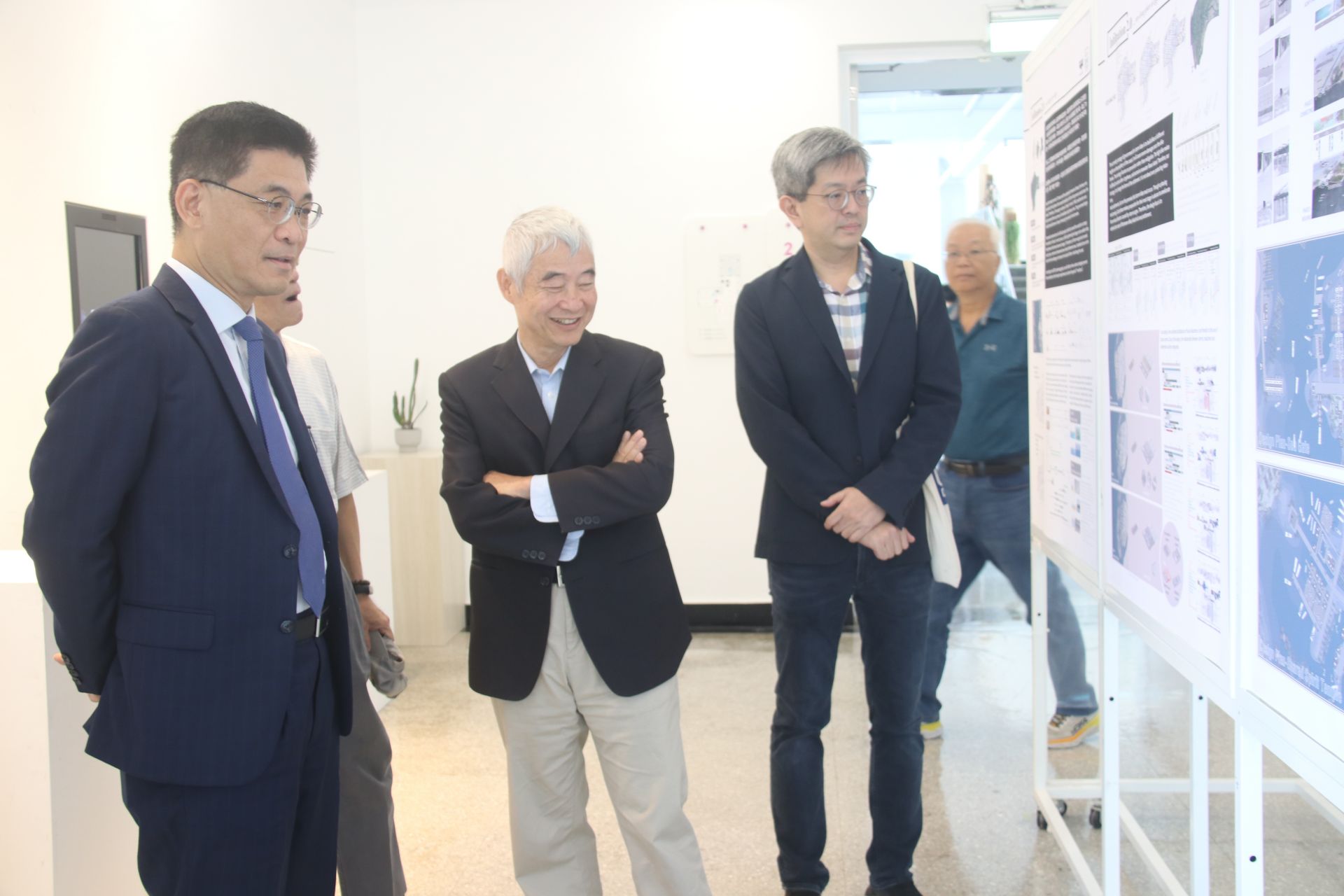
NCKU President, Meng-Ru Shen (left), visited the joint exhibition of works by students from NCKU and Tunghai University.
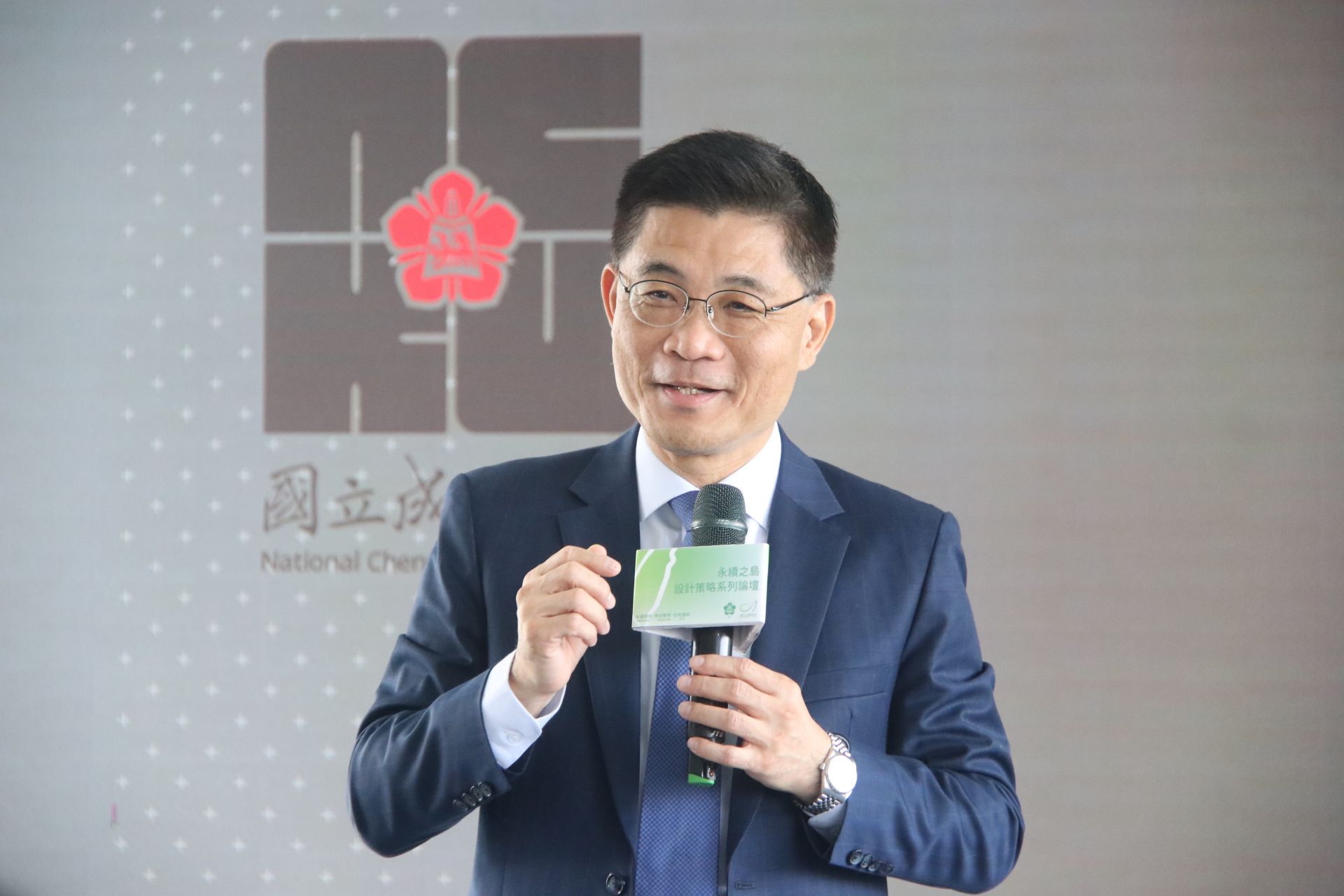
During the speech, NCKU President Shen expressed that the most crucial aspect of higher education is to focus on future challenges and provide knowledge and talent.
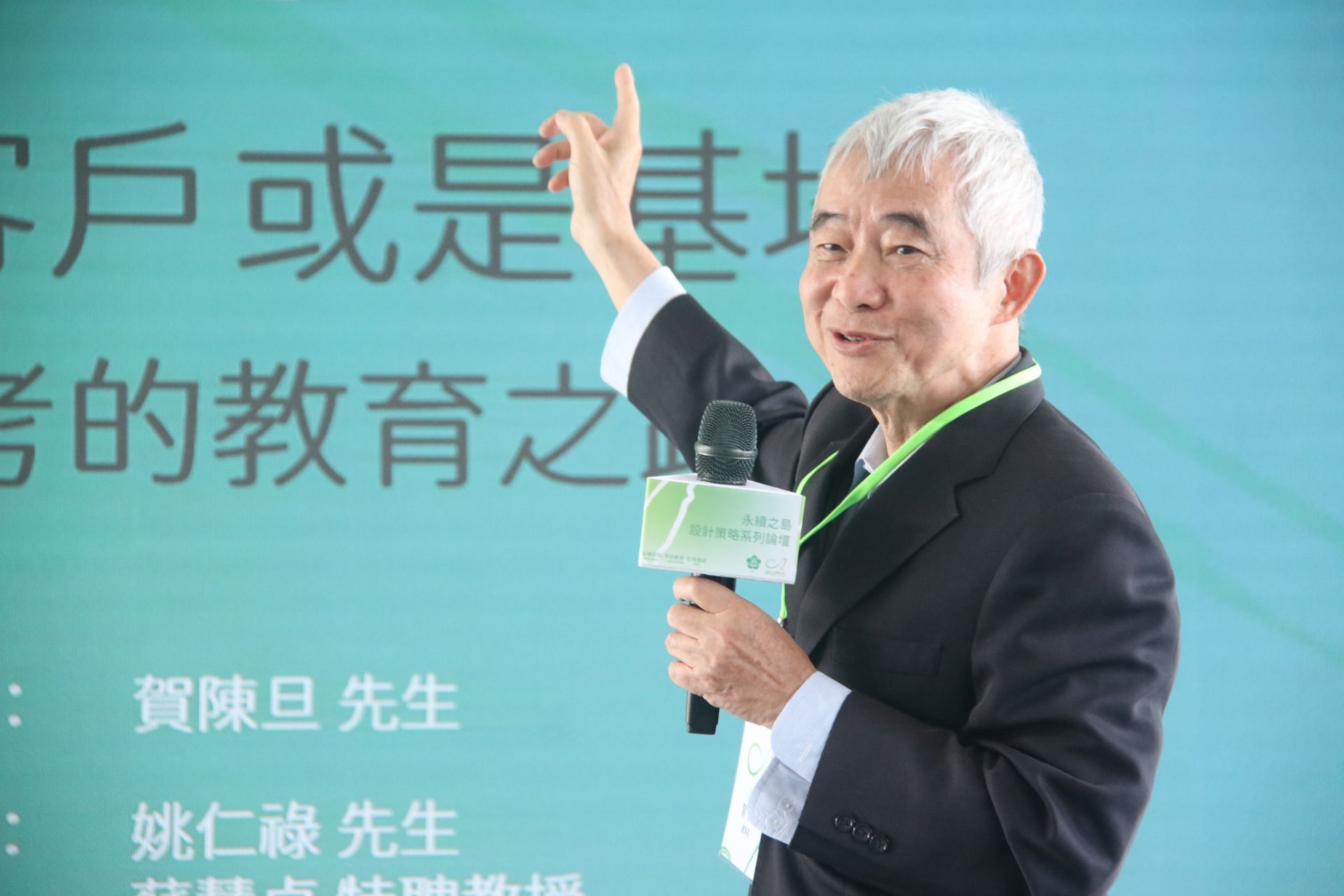
Former Minister of Transportation, Mr. Chen-Tan Ho, served as the forum's opening speaker.
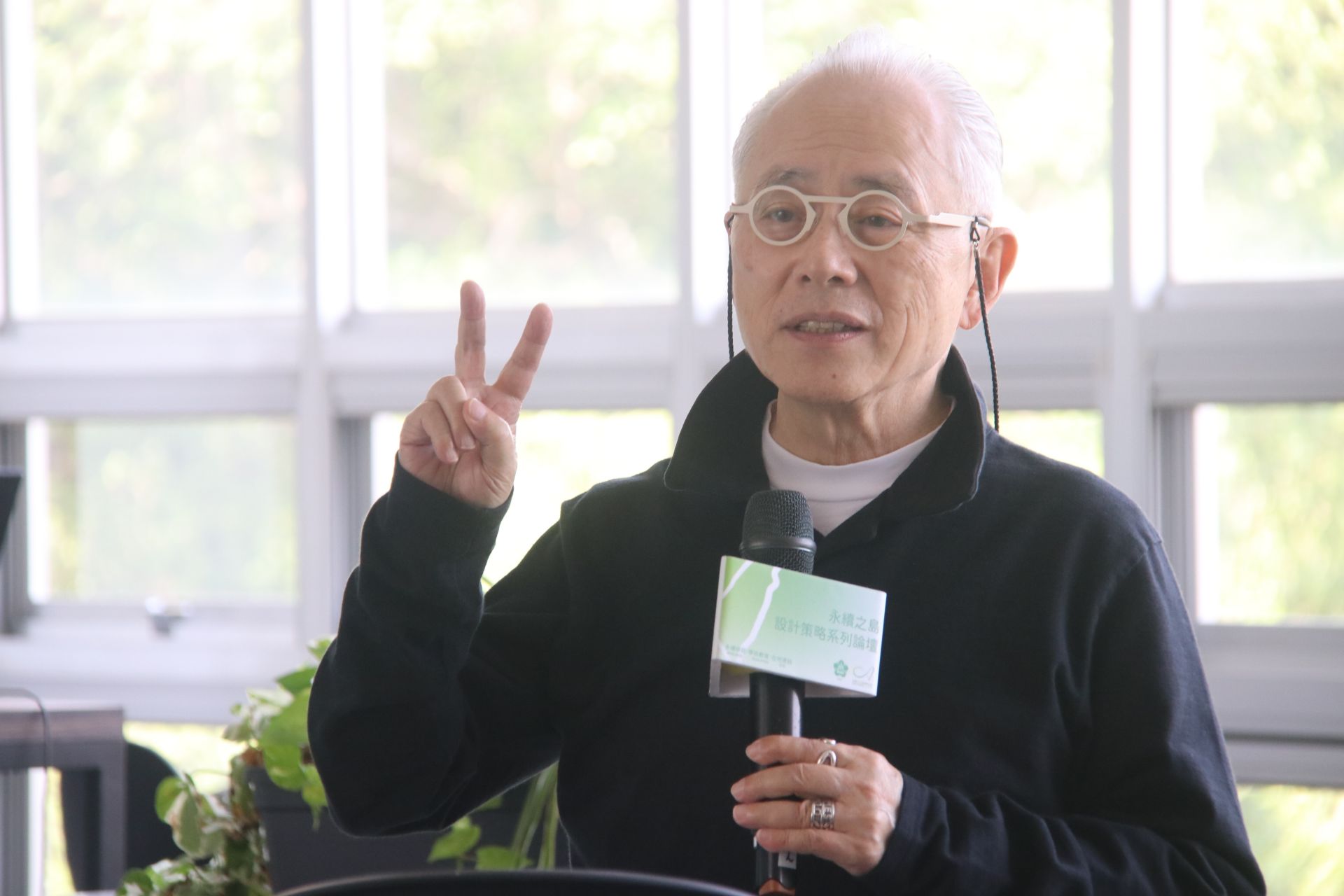
Internationally renowned architect Eric Yao delivered a keynote speech on "Is Earth a Client or a Base: The Cross-disciplinary Educational Journey" at the forum.
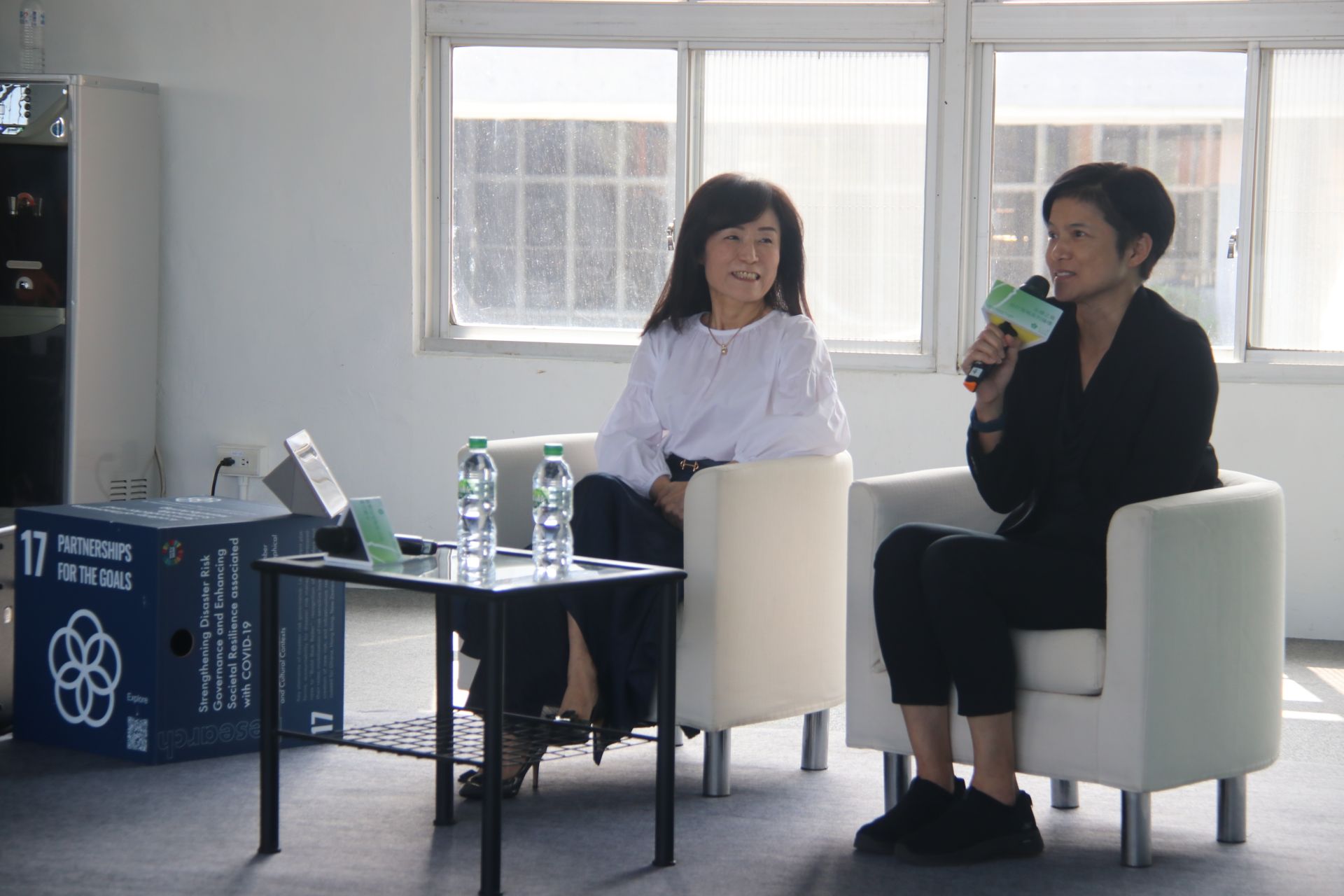
Former President of NCKU, Professor Huey-Jen Su from the Institute of Industrial Hygiene and Environmental Medicine (left), and AECOM Director, Architect Fang-Hui Lin, served as panelists in the discussion.
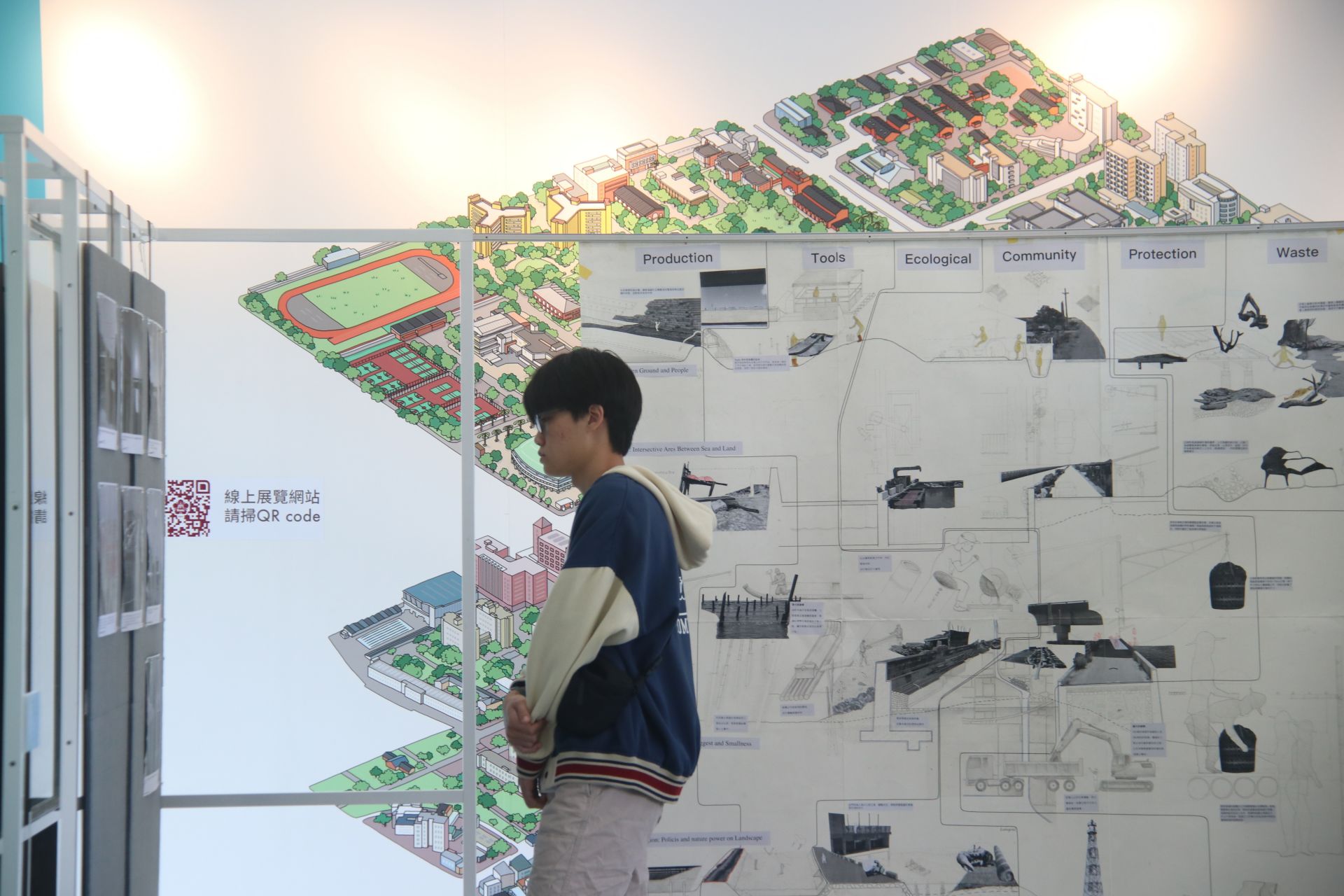
The student joint exhibition at the "Sustainable Island Strategic Design Forum".






